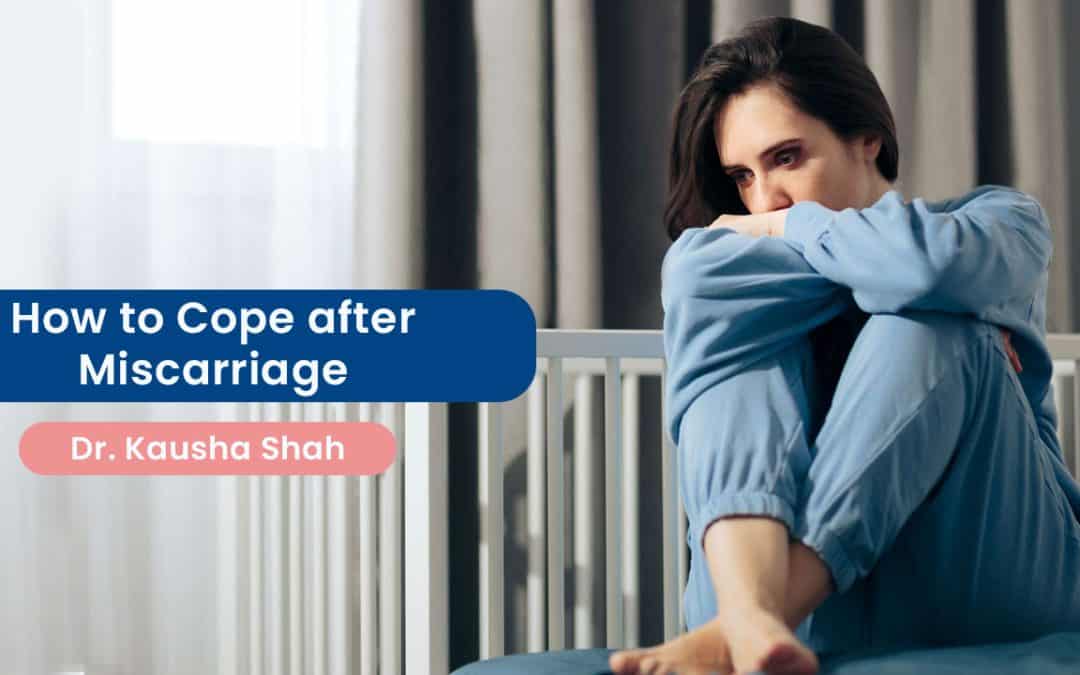Experiencing a miscarriage, particularly when the pregnancy was desired, can be a challenging time for any woman. Miscarriages commonly occur within the first 12 weeks of pregnancy, with approximately 10 to 20 percent of known pregnancies ending in such a loss. Also known as spontaneous abortions, miscarriages happen when the fetus fails to develop normally in the uterus. There are various causes of miscarriage, beyond this. The experience of losing a pregnancy can be emotionally distressing, but seeking support can help ease the coping process. It is possible to find helpful tips on how to navigate life following a miscarriage.
How Miscarriage Affects Your Body
The female body can experience several physical effects due to hormonal changes as a result of a miscarriage, which can manifest in various symptoms during and after the process.
Most Common Signs And Symptoms Of Miscarriage
1. Spotting and bleeding
2. Abdominal cramps and Nausea
3. Abdominal or back pain
4. Severe abdominal pain
5. Foul-smelling discharge
Important Step To Do Just After Miscarriage
It’s important to note that there are various types of miscarriage, and the necessary steps may differ depending on the individual case. Some women may experience a complete miscarriage without any need for medical intervention, while others may have fetal or membrane remains in the uterus that can lead to infections. To ensure that there are no remaining fetal or membrane tissues in the uterus, an ultrasound check-up is necessary. Based on the ultrasound report, the doctor may prescribe medication if the uterus doesn’t empty itself. If the medication fails, a minor procedure known as dilation and curettage (D&C) may be required, which involves the removal of the remaining tissue in an operating room.
There are some do’s and don’ts you need to know:
Do’s
- It’s crucial to allow yourself time to recover both physically & emotionally following a miscarriage. If you’re a working woman, make sure to take adequate rest to allow yourself the necessary time and space to heal.
- It’s important to take good care of yourself and eat a well-balanced diet after experiencing a miscarriage. To combat feelings of weakness, consider consuming foods that are rich in iron, such as lentils, spinach, & brown rice.
- You can take care of yourself by maintaining a healthy lifestyle which includes keeping yourself hydrated, ensuring sufficient sleep, & indulging in low-intensity physical activities like walking or yoga.
- After a miscarriage, it is essential to attend follow-up appointments that allow your doctor to check that your body is recovering as it should, and to address any issues or concerns that you may have.
Dont’s
- Experiencing a sense of isolation is a common effect of miscarriage. It is understandable for a woman to feel as though she is the only one going through such a difficult time.
- When experiencing a miscarriage, it’s important to maintain a positive outlook and not be swayed by negative comments from others.
- It is common for women to feel a sense of guilt and self-blame following a miscarriage, as it is a natural reaction to such a loss. However, it’s important to recognize that miscarriage can occur due to a variety of reasons, many of which are out of a woman’s control.
- It’s important to pay attention to your emotional and physical well-being during this difficult time. Remember that even amidst the difficult moments, there can still be moments of joy and positivity that can help us through.
In conclusion, after experiencing a miscarriage, it is important to take care of yourself both physically and emotionally. While most women go on to have a healthy pregnancy after a miscarriage, those who experience multiple losses should seek medical attention to address any underlying issues that may require treatment. Remember, healing takes time and it’s important to be kind to yourself during this difficult period.

